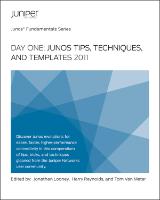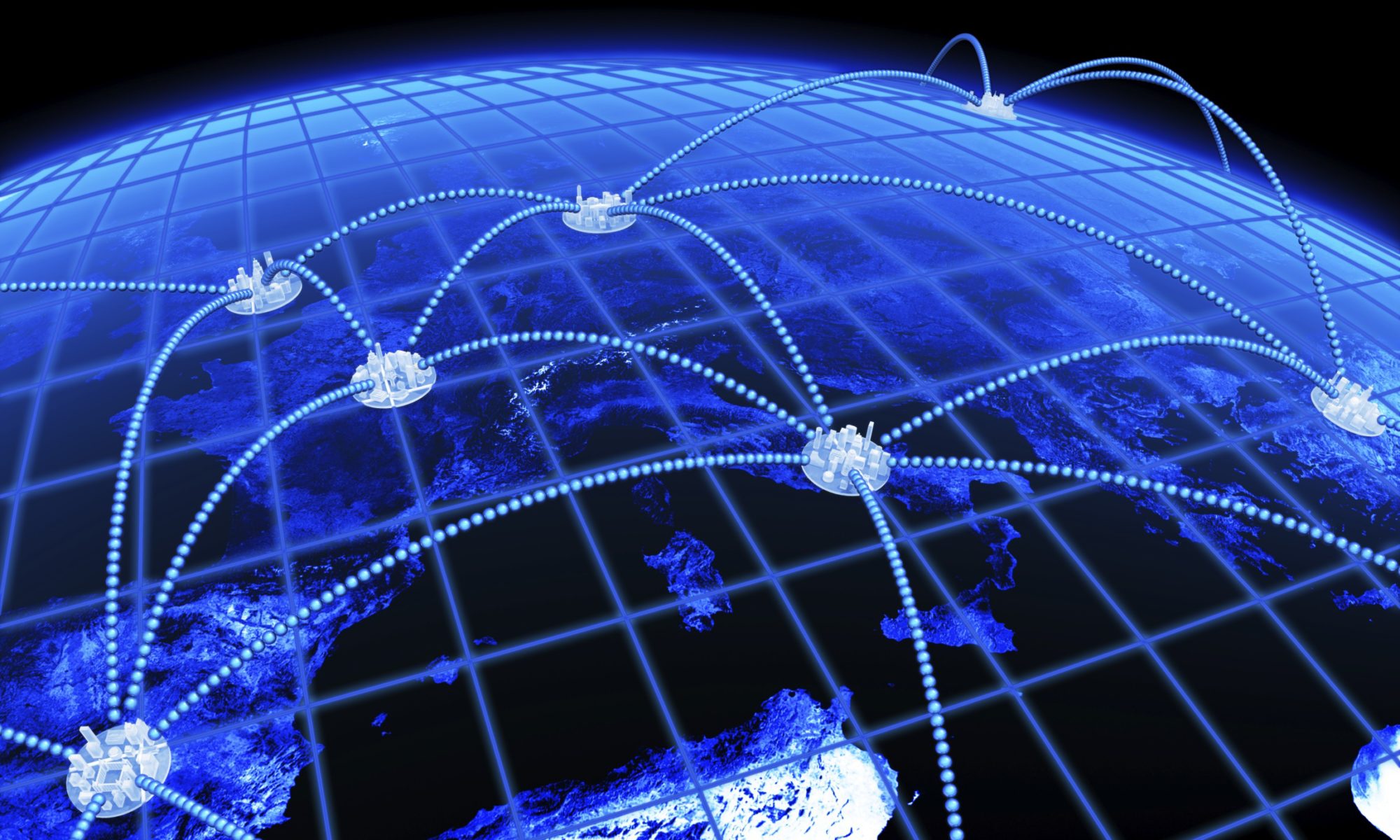Today we’ll start with a series of articles covering tips and techniques that might be utilized by JNCIE candidates, whether pursuing the JNCIE-SP, JNCIE-ENT, or even the JNCIE-SEC. The tips and techniques I will be covering might prove to be useful during a lab attempt but could also be used in real-world scenarios to save time and minimize configuration burden in addition to eliminating mistakes that might otherwise be made. I want everyone to understand that what I am about to write is simply a technique. I am not divulging any materials or topics which are covered under NDA.
Continue reading “JNCIE Tips from the Field :: Summarization Made Easy”Day One Guide: Junos Tips, Techniques, and Templates 2011
 I am happy to announce that Juniper has just released a new Day One Guide entitled “Junos Tips, Techniques, and Templates 2011“. For this particular Day One Guide, Juniper Networks Books and J-Net joined forces and requested the best and brightest Junos tips and techniques from the Junos user community. In fact, the book was created after a thorough selection process which included reviewing over 300 submitted tips by over 100 individuals on the J-Net community boards at forums.juniper.net.
I am happy to announce that Juniper has just released a new Day One Guide entitled “Junos Tips, Techniques, and Templates 2011“. For this particular Day One Guide, Juniper Networks Books and J-Net joined forces and requested the best and brightest Junos tips and techniques from the Junos user community. In fact, the book was created after a thorough selection process which included reviewing over 300 submitted tips by over 100 individuals on the J-Net community boards at forums.juniper.net.
Continue reading “Day One Guide: Junos Tips, Techniques, and Templates 2011”
IETF Provides New Guidance on IPv6 End-Site Addressing
I’ve always been at odds with the recommendation in RFC 3177 towards allocating /48 IPv6 prefixes to end-sites. To me this seemed rather short-sighted, akin to saying that 640K of memory should be enough for anybody. It’s essentially equivalent to giving out /12s in the IPv4 world which in this day and age might seem completely ridiculous, but let us not forget that in the early days of IPv4 it wasn’t uncommon to get a /16 or even a /8 in some cases.
Granted, I know there are quite a few more usable bits in IPv6 than there are in IPv4, but allocating huge swaths of address space simply because it’s there and we haven’t thought of all the myriad ways it could be used in the future just seems outright wasteful. Continue reading “IETF Provides New Guidance on IPv6 End-Site Addressing”
IPv4 Address Exhaustion Causing Harmful Effects on the Earth
Today, I received a very disturbing email on NANOG which was forwarded from a recipient on the Global Environment Watch (GEW) mailing list. If this is true, we all need to take steps to make an orderly and smooth transition to IPv6 as quickly as possible, lest we suffer from the harmful effects described in this email.
From: Stephen H. Inden
To: Global Environment Watch (GEW) mailing list
Date: Fri, 1 Apr 2011 00:19:08 +0200
Subject: IPv4 Address Exhaustion Effects on the Earth
At a ceremony held on February 3, 2011 the Internet Assigned Numbers Authority (IANA) allocated the remaining last five /8s of IPv4 address space to the Regional Internet Registries (RIRs). With this action, the free pool of available IPv4 addresses was completely depleted. Continue reading “IPv4 Address Exhaustion Causing Harmful Effects on the Earth”
Preparation Tips for the JNCIE-ER Exam
As many of you know, Juniper is currently undergoing a massive effort to update their certification program. The previous track in ‘Enterprise Routing’ is now changing to ‘Enterprise Routing and Switching’ incorporating elements from the previous certification track in addition to some new elements essential to Enterprise switching such as Spanning-Tree, VLANs, Layer 2 Security, as well as High Availability features like Virtual Chassis. We can expect that a lot of the topics like Firewalling and NAT will be removed from this exam as these topics will more properly appear in the Security track.
Although the new JNCIE-ENT certification is planned to be released in August 2011, there are many of you who are currently pursuing the existing JNCIE-ER before time runs out. The good news is that Juniper plans to continue offering the existing JNCIE-ER exam until October 2011 so there is still quite a bit of time for those who are interested in attaining this certification. Continue reading “Preparation Tips for the JNCIE-ER Exam”
ShortestPathFirst Security Articles Now Featured on Infosec Island
I am very pleased to announce that several of my security articles have been published on Infosec Island. Infosec Island is an online community focused on the Infosec professional which incorporates elements of community discussion and writings from various security practitioners throughout the industry. It is truly an honor to have been invited to participate and contribute in this forum alongside many well respected writers and colleagues.
The following articles are now available:
The Misconceptions of Sidejacking with Firesheep
Reality Check: Traditional Perimeter Security is Dead
Man in the Middle (MITM) Attacks Explained
Several more articles are in the works and in addition I am working on a very special analysis of the XerXes attack tool used in the attacks against Wikileaks which will be released sometime next week.
New Cyberspace Bill Proposed to Combat DDoS and Other Attacks
Responding to the firestorm of attacks being launched against Visa, Mastercard, Paypal, and other major institutions, various members of the US Government continue to press for dramatic legislation that would put the pulse of dealing with Cyberspace policy squarely within the White House.
All of this started with the infamous “Cablegate” incident on November 28th, 2010 when Wikileaks began releasing a large number of private communiqués belonging to members of the US State Department.
A hacktivist known as the Jester launched an application layer attack successfully targeting Wikileaks and bringing it down indefinitely. In addition, Amazon, Visa, Mastercard and several other organizations began to sever relationships with Wikileaks leaving them little options for successfully continuing operations. Retaliation ensued and a group known as Anonymous Operations likewise launched their own DDoS attacks against these companies in retribution for supporting the censorship of Wikileaks. Continue reading “New Cyberspace Bill Proposed to Combat DDoS and Other Attacks”
